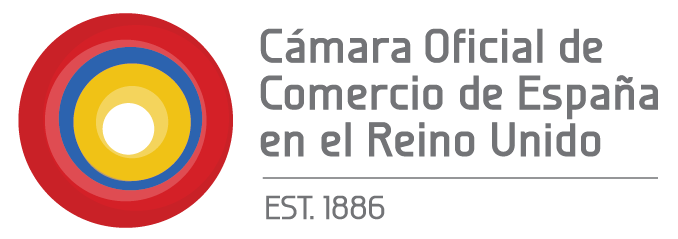Blog Post Written By Chamber Member Diversitas Institute
3rd of December marks the International Day of People with Disabilities. A day to reflect, acknowledge and raise awareness on the extremely difficult challenges and barriers that the disability community face in all aspects of life, as well as to promote the support for the dignity, rights and well-being of persons with disabilities. This year’s #IDPWD theme is “Transformative solutions for inclusive development: the role of innovation in fuelling an accessible and equitable world”.
One billion people, approximately 15% of the world’s population, live with some form of disability. In the UK, 1 in 5 of the working-age population are classed as disabled. The number of disabled people in employment is rising but, according to the Office for National Statistics (ONS), in 2021, in the UK, the disability employment rate was still 52.7% compared to 81.0% for non-disabled people.
From the business perspective, today is a reminder that the workplace is one of the areas in which there is still much to do. Companies are a reflection of society and, at the same time, should have a positive impact, leading by example and becoming enablers of change. The main challenge is how to effectively create an inclusive and supportive culture and to acknowledge what does inclusion really mean from a business perspective.
The question therefore is, how should an organisation create a disability-inclusive approach with a real impact in its culture and values?
- Listen, understand and learn from people with disabilities: Create safe spaces for people with disabilities to speak up. Make them feel welcome, valued, respected and part of the decision-making process. Understand their needs and expectations means to be aware of the challenges and difficulties they face and to learn from their experiences. Just as a reminder, by law, nobody has to tell their employer about their disability but, when they do, the employer has a legal responsibility to support them.
- Reduce barriers: make reasonable adjustments in place to resolve or minimize the difficulties faced by disabled employees. These adjustments should not just include visible changes in premises but they should also take into consideration setting up specific initiatives (such as training or mentoring), reviewing internal procedures (recruitment process, promotion, learning and development…) and making sure there is a zero-tolerance policy towards unacceptable behaviours. Again, listening, and involving disabled employees in the conversation in order to reduce, both physical and mental, barriers is an absolute must.
- Break the bias: challenge the stereotypes associated with disability and the wrong assumption that disabled people cannot work in certain sectors or in specific occupations. Unfortunately, there is still a paternalistic approach towards disability in the workplace. As an example, according to the Office for National Statistics (ONS), in the UK, disabled workers are less likely to be in higher-skilled occupations.
- Attract talent: attract, recruit and promote people with disabilities. This requires a review of the internal procedures incorporating the equity, perspective. A more diverse and inclusive organisation sparks creativity and innovation, reduces attrition, enhances team performance, improves reputation and, ultimately, has a positive effect on business performance.
- Promote discussions and initiatives on how innovation can be a lever change to reduce inequalities and promote diversity and inclusion in the workplace. Innovative and creative, tools, resources and technological solutions can increase accessibility, sense of belonging, efficiency and, ultimately, improve performance.
- Celebrate diversity and the contribution of people with different abilities: Diverse capabilities and abilities need to be embraced, encouraged and celebrated. Let’s not forget that inclusion is about involving a wider representation of individuals, under the different dimensions of diversity, in the decision-making.





